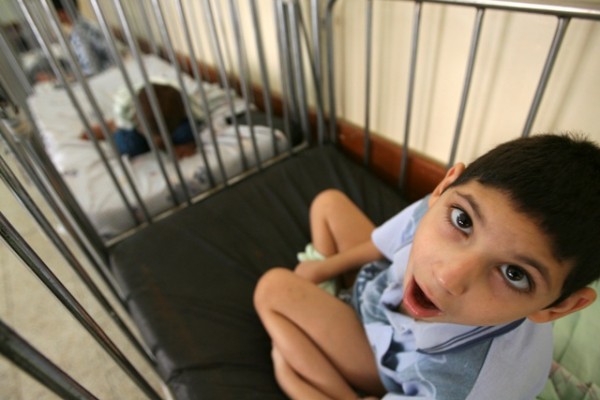One-Third of Dyslexic Adults Physically Abused During Childhood: Study

Around 35 percent of dyslexic adults in the U.S. were physically abused during their childhood, according to a study.
Dyslexia is a developmental disorder categorized by learning and reading difficulties despite having exceptional intelligence. Individuals with this condition have poor language and verbal comprehension skills, reduced awareness about sound and structure of words, impaired auditory short-term memory and information processing speed. The DO Something.Org a New York based charity organization, suggests one in every five people suffer from dyslexia in the U.S. Researchers from the University of Toronto and the University of North Carolina School Of Medicine in Chapel Hill found a notable proportion of these individuals were physically assaulted and abused as children.
The experts looked at data of 13,054 adults over 18 from the Canadian Community Health Survey conducted in 2005 to note the incidence of childhood physical abuse. Nearly 1,020 respondents said they were beaten up in childhood and 77 percent of these participants had dyslexia.
"Even after accounting for age, race, sex and other early adversities such as parental addictions, childhood physical abuse was still associated with a six-fold increase in the odds of dyslexia" said Esme Fuller-Thomson, co-author and professor and Sandra Rotman Endowed Chair at University of Toronto's Factor-Inwentash Faculty of Social Work, in a news release.
The study observed that punishment and abuse was common among those diagnosed with childhood developmental disorders and learning difficulties. The violent and abusive behavior in adults and care givers might have been triggered by frustrations, anger and failure to make these children learn, believe the authors. They add, in most cases ill-treatment, severe punishment and physical abuse can give rise to learning difficulties or further accelerate the condition in those with neurological problems.
"Although we do not know if the abuse-dyslexia association is causative, with one-third of adults with dyslexia reporting childhood abuse, it is important that primary health care providers and school-based practitioners working with children with dyslexia screen them for physical abuse," added Fuller-Thomson.
More information is available online in the Journal of Interpersonal Violence.
Jul 03, 2014 05:13 AM EDT




